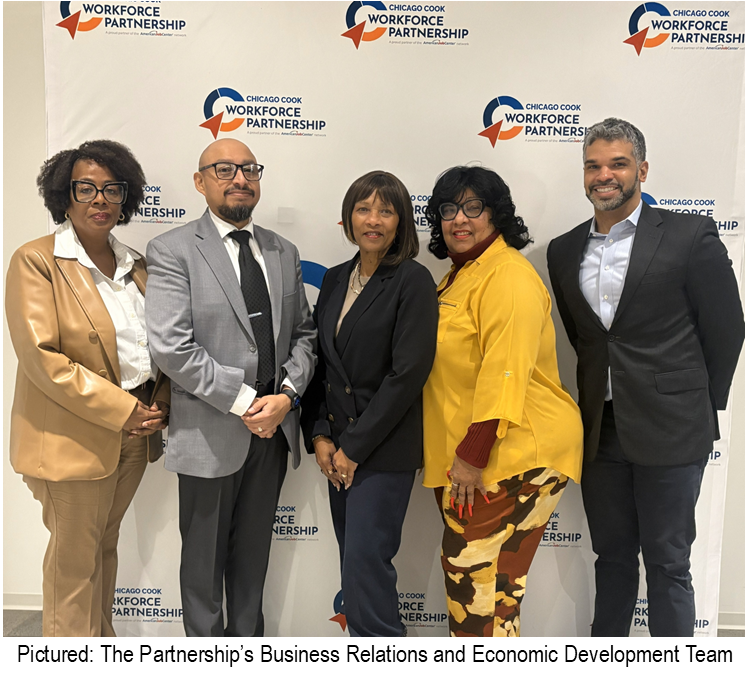Federal Workforce Development Update
One Big, Beautiful Bill Passage
Congressional Republicans and the Trump Administration succeeded in passing their massive tax and spending package, known as the One Big, Beautiful Bill Act (OBBBA). The bill contains a permanent extension of the 2017 tax cuts from the Tax Cuts and Jobs Act (TCJA), a $5 trillion debt limit increase, and numerous changes to mandatory spending and programs, including SNAP and Medicaid. WIOA programs are discretionary, so they could not be addressed in the legislation, under Senate reconciliation rules (allowing for 50 votes for passage).
Workforce Pell
Within the policy provisions impacting workforce development, the OBBBA contains language expanding Pell Grants for short-term programs, known as Workforce Pell. The awards will be available beginning July 2026, and in the meantime, the US Department of Education and states will be developing regulations. The legislation lays out several criteria for programs to meet –
· Must be Title IV eligible institutions (colleges/universities, Community Colleges, Trade Schools)
· Some ETPL (Eligible Training Providers List) providers may not be eligible IF they are not Title IV eligible
· Must be between 8 – 15 weeks (150 – 600 credit hours)
· Support programs that provide credit toward certificates and future degrees
· Operating for at least one year
· Minimum quality metrics to include at least a 70% completion and job placement rate for programs (not institutionally focused)the next steps on WIOA Reauthorization on both the House and Senate sides
· Will also include a value-added earnings metric comparing degree earnings with cost
· Governors will ultimately determine program eligibility
The maximum Pell award will be $7,395 for the 2026 award year – the short-term Pell award will be prorated based on credit hours, so it will be less than the maximum.
Work Requirements
The OBBBA established new and updated work requirements for Medicaid and SNAP. Within Medicaid, able-bodied working adults, ages 19-64, will be required to work at least 80 hours per month. Those activities would include work/job, WIOA training program, and/or community service. There are additional exemptions for pregnant women, people with disabilities, and incarcerated individuals. These work requirements could take effect as soon as January 2027, although states have the ability to delay implementation until January 2029. States will also be required to increase the frequency of eligibility checks to every 6 months.
With respect to SNAP, the existing work requirement for able-bodied adults would be expanded to include people ages 19-64 (currently 19-55) and single parents with children under the age of 13 (currently under the age of 18). The work requirement policy changes will likely lead to more individuals using the workforce system, although no additional funding was included for WIOA programs.
What’s Next
Now that the OBBBA has been passed, focus will shift to implementation and regulations, both federal and state. This has also freed staff up to consider other issues like WIOA Reauthorization. While nothing is imminent, conversations will begin around next steps on WIOA Reauthorization on both the House and Senate side. It is expected that the December 2024 version of A Stronger Workforce for America (ASWA) Act will be the foundation moving forward.
Congress will also continue working through various Administrative actions related to impoundment and spending. The Department of Labor has already disrupted Job Corps operations, which is hung up in the courts, but is now delaying the Title II Adult Education formula funds. There is still uncertainty around the WIOA Title I formula funding timing. These actions will impact any negotiations around Fiscal Year (FY) 2026 appropriations. While the House and Senate are moving forward, albeit slowly, we still expect a messy debate around a Continuing Resolution (CR) in September.






